I had an amazing week with kids in my exam room, that I just had to share how grateful I am for the vision screenings performed at the pediatrician’s office. Plus, two of my three kids had their vision screening performed with their pediatrician.
I was referred three kids this week anywhere from age 6-15 who had struggled with their vision at the pediatrician’s office. All three of them needed glasses, and only one of their parents had any idea that they might need correction. There are a few things about kids that will help you understand why they don’t tell you they are having trouble with their vision:
- They don’t know that blurry or double vision is abnormal. How would they? Until we ask them to read smaller letters that are carefully measured are we able to figure out there may be a problem. Asking them if they can read a sign on the road doesn’t count – there are other cues that can be used to figure out what it says that are not vision related.
- Kids are amazing at adapting. Can’t see well? They learn to use their hearing instead in school. One eye is blurry? Brain ignores it instead and delays its development (amblyopia). There is no way to tell if this is present without an examination.
- They can over-focus and compensate for their prescription until it’s just too much. Up close reading time increases as they move up in school, so they may just avoid it altogether. One of the kids this week had been in remedial reading to help him when really it is his vision.
- They don’t know how to describe their vision even if they knew it was abnormal. Even adults have trouble explaining to me what their vision is like sometimes.
The pediatrician screens for kids who are unable to read 20/30 or smaller, which is a wonderful benchmark to go by. But, like I said above, some kids are able to over-focus and compensate for their prescriptions when asked to do so. I would encourage parents to get their kids vision checked even if they pass this screening if they notice the following:
- Struggling with reading or schoolwork
- Headaches
- Rubbing eyes
- Closing one eye
- Getting close to papers, devices or TV
- Squinting
- Blinks a lot
- Eye turns out or in when tired
- White pupil when photo is taken with a flash
- Biological mom and/or dad has glasses or contact lenses
How old do kids need to be to have an eye exam? Great news is it can be done at ANY age. They don’t even need to be able to read letters or know their shapes. I have methods and tools to perform exams on babies, non-verbal, etc without them even needing to say a word to me.
Kids will almost always be dilated with eye drops to get an accurate prescription and thorough view of the health of the back of the eye since they can be so wiggly.
As they grow, their eyes grow and change just like the rest of their bodies. So, while they may not have a problem one year, that can quickly change. Kids sure do keep us on our toes, don’t they?
One final note: a pediatrician screening is not a substitute for a full exam by an eye doctor. You don’t often need to be referred to see an eye doctor for a routine exam. I recommend eye exams for every single person since it takes the guessing out of what may be going on with your child. Preventative care is so much easier than trying to catch up later.
